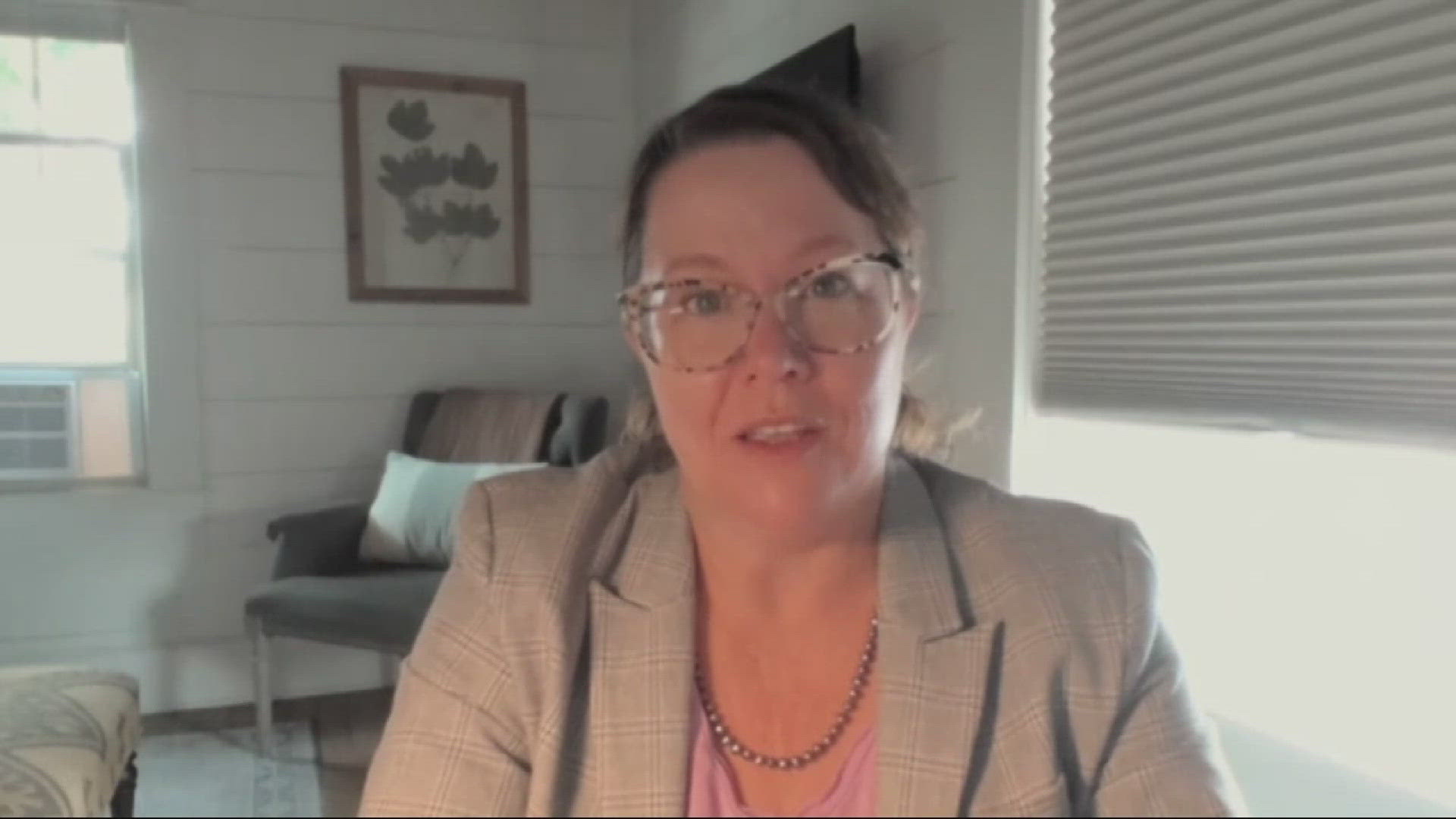EUGENE, Ore. — A federal judge got to hear directly from children in Oregon's foster care system Thursday, who spoke about what they think needs to be done to fix ongoing issues. Young people either testified in person or submitted letters to Judge Ann Aiken in Eugene, who is overseeing the settlement of a class action lawsuit filed on behalf on Oregon's foster children.
That suit, which concluded in May, resulted in the Department of Human Services agreeing to work with a neutral expert to straighten out its Child Welfare Division.
Emily Cooper is the legal director of Disability Rights Oregon, the group that filed the lawsuit in 2019. She told KGW News that Thursday's testimony is crucial for the final settlement.
"This is a real check on our power and on the court's power," Cooper said. "To say 'Hey wait, young people, is this really good? Is this fair and adequate? If the state takes all the steps they promised you in the settlement agreement, is that really going to fix the system?'"
In the lawsuit, foster youth claimed that the system caused them trauma by shuffling them through motels, psychiatric facilities and mismatched foster homes. In some cases, children suffered abuse by foster parents.
Marcia Robinson Lowry is the executive director for A Better Childhood, which partnered with Disability Rights Oregon in the lawsuit. She told KGW, "It's important for the youth to have someone hear what their experiences have been, because this has been, and continues to be, a damaging system."
The director of Oregon's Child Welfare Division, Aprille Flint-Gerner, sent this statement to KGW:
"I want to acknowledge and honor the brave young people who shared their experiences today. We see you and we are listening. We know that we have a lot of work to do to improve the system for all children and young people who experience foster care, and we are committed to working in partnership with disability rights Oregon and the court appointed neutral Dr. Ryan to do this."
The neutral expert, Dr. Kevin Ryan, has served as a monitor in similar settlements in other states, including Texas and Oklahoma. Under the current settlement plan, he'll be monitoring the department over the next 10 years while it fixes its problems.

